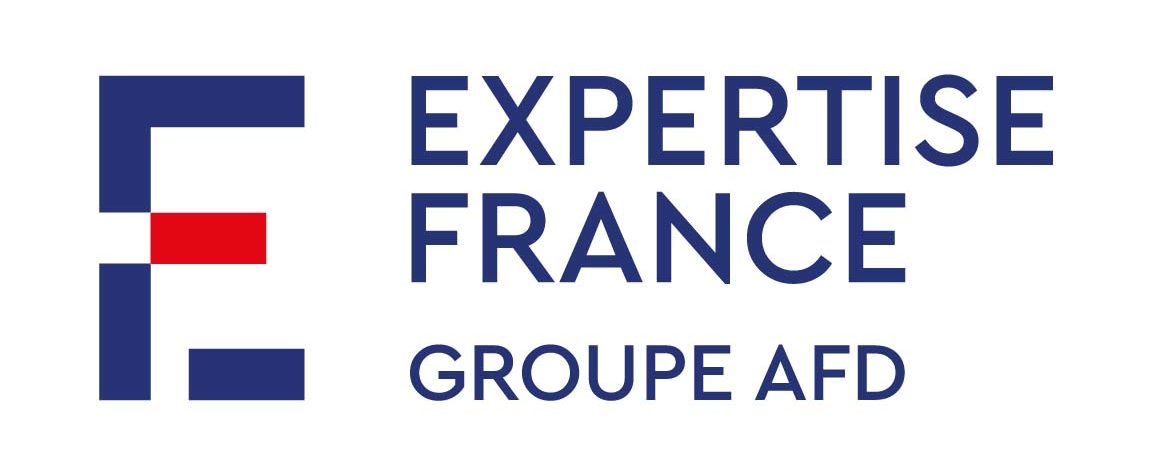Digital skills at the heart of young people's professional integration: what initiatives are needed to strengthen them?
Key figures
163
Registered
62
Participants
A look back at the Rendez-vous de l'Expertise on November 15, 2018
Digital skills at the heart of young people's professional integration: what initiatives are needed to strengthen them?
The digitization of the economy has turned the world of work upside down, and today's professions are impacted by digital technology: work tools have evolved considerably, and with them the skills expected by employers.
It's true that generations Y (1980-2000) and Z (2000 onwards) grew up and were born with new technologies, but contrary to all expectations, these young working people or job-seekers don't excel when it comes to using digital tools in a professional context. They even have poorly-developed digital literacy skills, which encompass a broader aptitude than just the use of digital tools: developing a critical mind, managing masses of information, giving free rein to their creativity and communicating with others in complete safety.
The challenge is therefore a major one for most countries: the acquisition of digital skills to provide access to an essential digital culture for all citizens. It is also a vector of social inclusion, helping young people, especially the unemployed, to acquire the digital skills expected by employers. The aim is to identify these necessary digital skills by coordinating the various players: companies, training organizations and public authorities. This, for example, is the aim of the European Compass project, a digital learning platform.
Given these facts, what initiatives are there to help young people adapt to the new prerequisites? How effective are these tools? What recognition do employers give them? What form(s) does collaboration between companies and training organizations take in identifying and anticipating the skills required today and tomorrow?
Speakers
Moderation
Wide angle

Borhene Chakroun
Chief, Section for Youth, Literacy and Skills Development, UNESCO Education Sector




